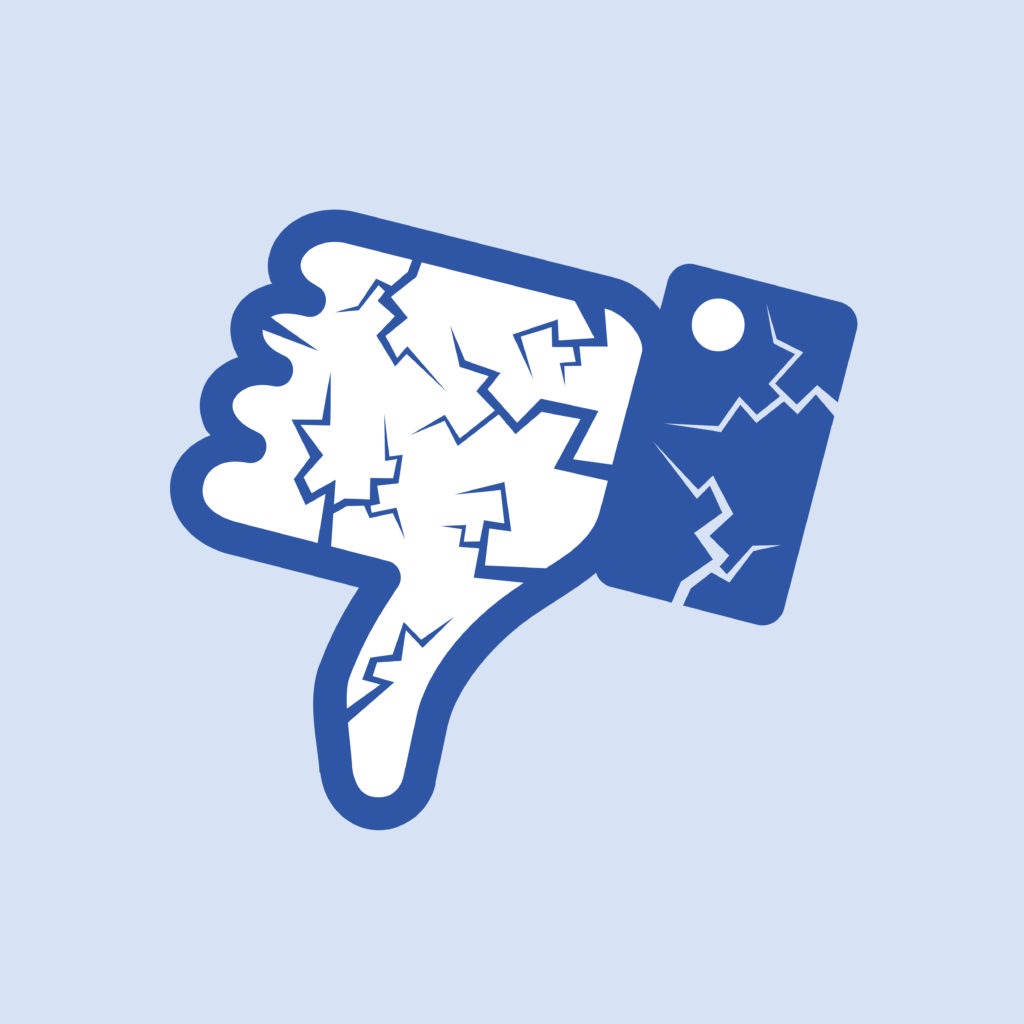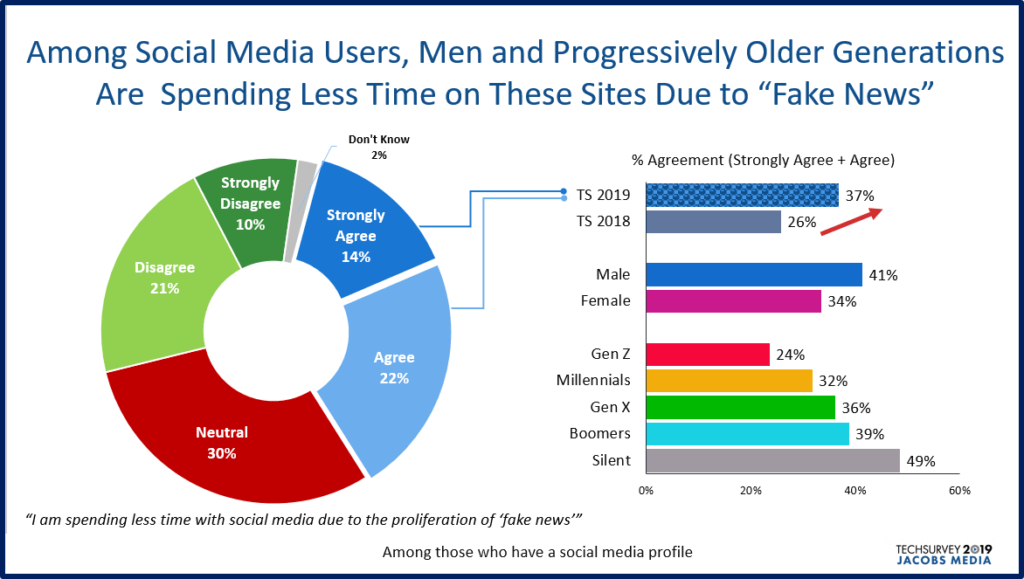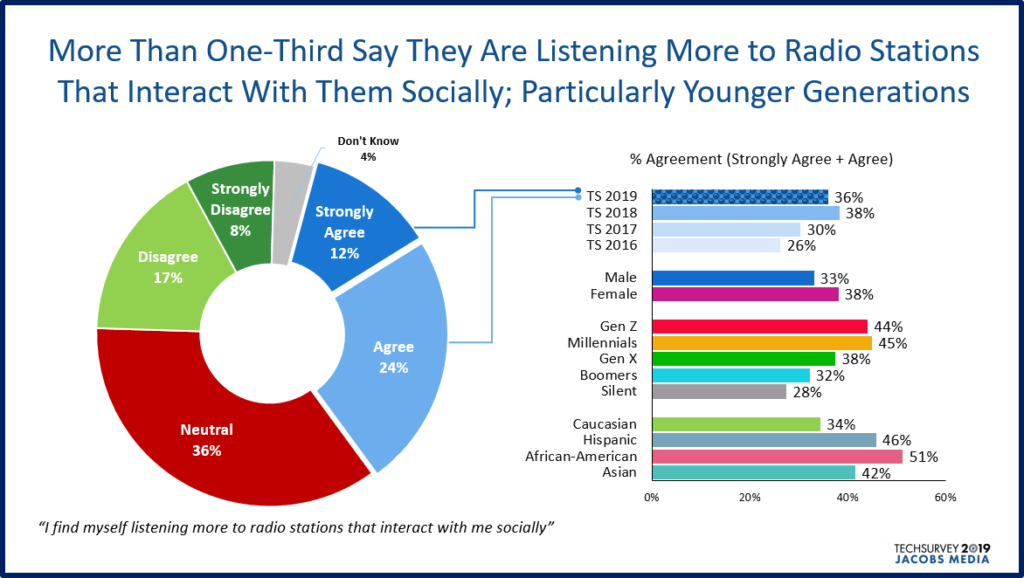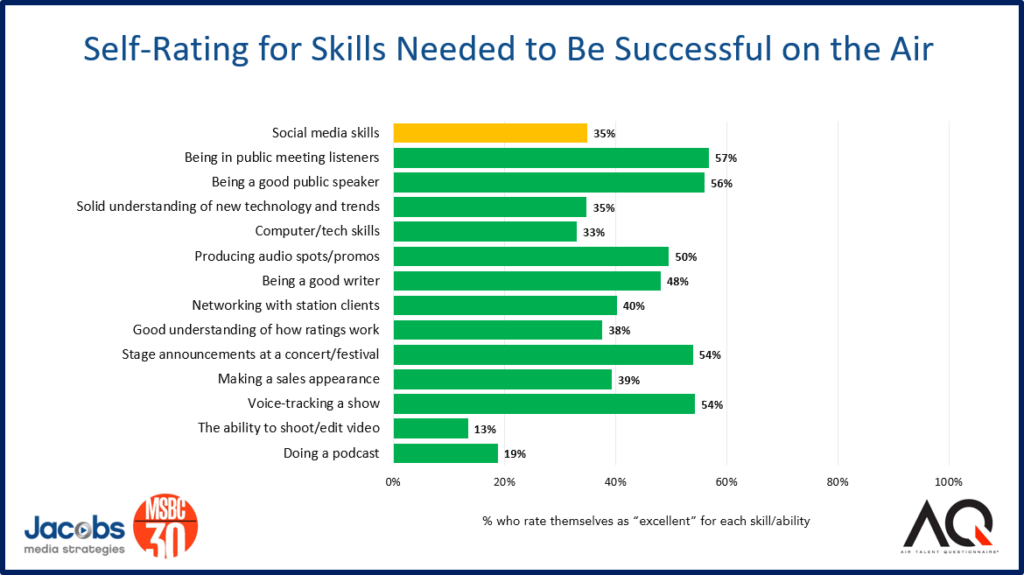
It seems like it’s an every week occurrence – Facebook’s in someone’s dog house. Data breaches, hate speech, and being too big for its cyber britches are all part of what it’s like to be in the C-Suite in the world’s largest social network.
Yesterday, Facebook admitted that a whole lot of account passwords were exposed to 2,000 or so of its staffers – in plain text. How many users are we talking about.
Hundreds of million’s Facebook customers. That is, US.
I have a feeling that emails will be on the way soon, suggesting we change our passwords ASAP – the usual “remedy.” Apparently, this is a problem that’s been in place for a while now.
Since 2012.
It’s the latest in a long line of painful screw-ups, missteps, revelations, and OMG moments that could only have made Boeing, Jussie Smolett, Lori Loughlin, Felicity Huffman, and Donald Trump happy – at least for the moment.
For Facebook, it’s like a fat cat is getting its comeuppance. While seemingly everyone is using Facebook, there’s much unhappiness with the platform, and not just because of these unforced errors revolving around privacy. From political rants to bogus ads to social trolls, Facebook has gone from a fun, nostalgic pastime to a frustrating time suck for millions of people, created genuine societal and even geopolitical problems.
And we’re seeing the fallout in the soon-to-be-released Techsurvey 2019. For the first time in 15 years, we have a section of the survey results labeled “Privacy.” That, in and of itself, speaks volumes about how the tech world has turned, and how consumers are feeling about the companies and brands with which they interact.

There are serious concerns about how data is being used. And the older the respondent, the greater the angst. Oddly enough, the youngest listeners tend to be less concerned about issues like privacy or misinformation on social media. I recently conducted LAB groups for an Alternative station. And predictably, the younger the respondent, the greater the likelihood she shrugged her shoulders over privacy concerns, conceding that tech companies like Facebook, Google, Amazon and the others have all their information anyway.
Misinformation on social media is an issue, too. We’re seeing a solid uptick in the percentage of social media users who say they’re dialing back their TSS (time spent socializing) because of so-called “fake news.” Because Facebook is the social media platform of record for most people, it logically takes the lion’s share of criticisms from disgruntled fans.

What was once a safe haven of high school reunions, silly pet memes, embarrassing TBT pictures, and baby/pet/wedding remembrances has morphed into a Hotel California nightmare community where you can log in, but you can never leave. Now, we’ve seen the dark underbelly of the social network Mark Zuckerberg described a place “to give people the power to share and make the world more open and connected.”
That seems like a long time ago on an Internet far, far away. Today, Facebook is called out for spreading hate, influencing elections, abusing personal data, and even becoming the video source of heinous acts, as the alleged shooter graphically showed the world in New Zealand massacre that took place just one week ago today.
For radio, Facebook has always been something of a double-edge sword – a gathering place where stations and personalities can share experiences, but also a place with a very dark side, especially whenever there’s a format change or a DJ is handed his walking papers.
The smart money has always been to keep it light and fun on Facebook, providing a place where the audience can interact with their favorite stations, and learn about promotions, contests, concerts, and events. While it has slipped a bit this year, our important “Lori Lewis question” about social’s value to radio is even more relevant today. Well more than a third of social media users (well north of 80% of our overall sample) tell us they actually spend more time with stations (and by extension, personalities) that interact with them socially.

To this day, many fans value their social “conversation” with radio, an advantage the broadcast medium has over its more modern competitors. Like a “digital autograph,” a like, retweet, or comment from a beloved radio personality – whether a talk show host, the night jock, or the morning star – leaves an indelible impression.
But it takes more thought, strategy, and savvy than ever before to stay above the fray that is Facebook and other social media. Good decision-making, and behaving the way your parents and grandparents hopefully taught you has never been more important in the social space.
Techsurvey 2019 tells us many consumers are assessing their hi-tech lives. They’re may be participating and interacting with gadgets, web sites, games, and news brands than ever before. But they’re getting smarter about who they hang out with on the Internet – and who they avoid.
Sadly, many radio companies and clusters still don’t take their social media personas seriously enough. Training and “adult education” is sparse or non-existent. Many personalities are left up to their own devices to figure it out for themselves, even though a social slip-up can cause irreparable damage to a brand.
I think back to a different study – our AQ study of air talent – from last year. We had our 1,100 air talent respondents rate a series of skills necessary to excel in order of importance. And social media proficiency was at the top of the list. But when we asked these same personalities to rate their abilities in each area, only about one-third told us they were “excellent” in the social space.

Their self-ratings are much better for voicetracking, public appearances, and stage announcements. That suggests a social media skill set gap that has only risen in importance as consumers become even more scrutinous about the sites they visit and the people with whom they interact.
Radio has generally done a nice job of “squatting” on social media platforms like Facebook. But to stay out of trouble and maximize its presence in a community that will find itself even more under the media and political microscope, radio will have to step up its game, its training, and its management.
It feels a lot like a fork in the social media road that is full of potholes. New Zealand’s now-famous prime minister, Jacinda Ardern, isn’t just pushing for harsh new gun laws. She came out the other day and urged global action on social media in the wake of the worst mass shooting her country has ever seen. When content goes “viral,” it is not always a good thing.
Beware the orange barrels, the trolls, and the “fake news.”
It’s getting tough out there.
- What To Do If Your Radio Station Goes Through A Midlife Crisis - April 25, 2025
- A 2020 Lesson?It Could All Be Gone In A Flash - April 24, 2025
- How AI Can Give Radio Personalities More…PERSONALITY - April 23, 2025




Fascinating.
Isn’t it?